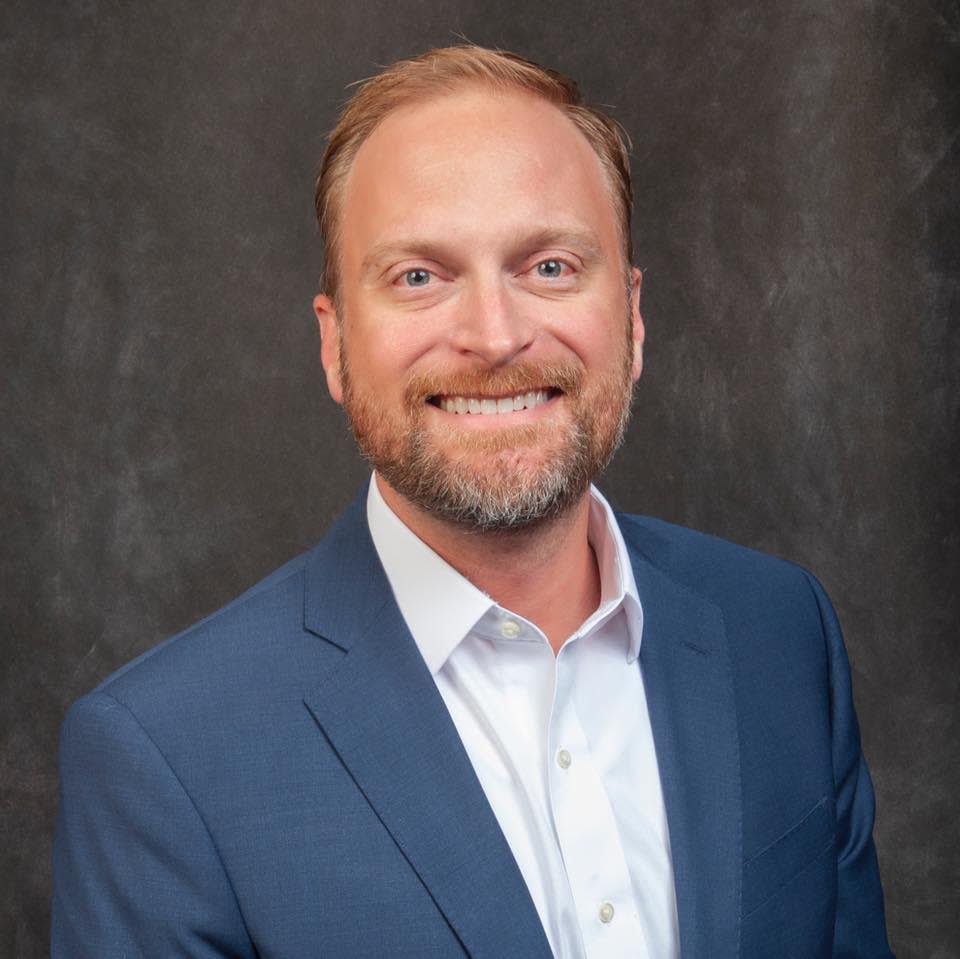Guest column: It's time for Oklahomans to reframe discussions on poverty
Beginning a discussion about poverty is delicate, and anyone that starts it should know it carries great personal risk. However, with great risk can come the opportunity for great community return, and I believe returns in the conversation addressing poverty are the greatest potential returns in our nation.
I have said for years that poverty is the single greatest contributor to the worst of Oklahoma’s outcomes. High levels of incarceration, poor education outcomes, and dramatic health and mental health statistics can all be tied back to Oklahoma’s 43rd ranking in poverty. We must start this conversation by agreeing poverty is a real issue. The impact it has is dramatic to those living in it and to taxpayers who fund programs that have had mixed levels of success throughout generations. Our nation can still do big things, but we must start with some shared understanding on which we can anchor a reasonable conversation.
A reasonable conversation about our nation’s most difficult topic can only start with a foundation built on humility. A conversation like this must begin by digesting the thoughts and feelings of a diverse set of genuine participants to build an open venue for early agreements in principle. The first point we must agree upon is that this problem is just plain hard. We, as the most prosperous nation in the history of the planet, have not been able to find meaningful and scalable solutions to address this issue, so we must be grounded in the idea that we as a people do not currently know the answers.
I request a pause on some of the popular narratives that keep us from having rational conversation about a solution to poverty. Broad brushstrokes remove the opportunity for nuanced solutions, and nuanced solutions may allow us to build projects that expand to reach broader populations in meaningful ways.
There are three narratives I would like to set aside as we attempt to humbly consider the topic of poverty and as we begin to search for the answers that have escaped generations of smart people before us. The perpetuation of these narratives results in well-meaning people walking into a conversation skeptical and defensive, preventing real dialogue.
First is the narrative that roughly half of our population doesn’t care about others and their fight against poverty. The second is that another group of people, also representing about half of our population, see bigger government as the only solution to the problem and would be happy with a solution exclusively and perpetually funded by taxpayers. The third, and most important thought to lay down in this conversation, is that those living in poverty choose this lifestyle and don’t want to change their circumstances. The complexity of this issue requires that we make a real attempt to align the interests of a vast majority of our residents who live as politically moderate, empathetic to the needs of their fellow Oklahomans, and pragmatic in their approach to finding solutions to help their neighbors.
Most people recognize there are many hard-working Oklahomans who live in poverty. These individuals don’t want to be hungry, homeless or hopeless. They desperately love their families and desire to break their own multi-generational cycles. The development of a framework that serves the working poor will allow these families to lift themselves out of poverty and for us to shift our focus on the more difficult work of creating a system that can tackle the deep cycles of poverty that have removed hope from thousands of those among us. This framework has the promise of engaging thousands of people in the transformative economic goals of our state. We must know poverty kills growth, both for people living in it and for the taxpayers who fund its repercussions.
I believe addressing poverty is the biggest opportunity we have to refocus our country on the principles that are core to being an American: serving others first, valuing human dignity and building a nation that promotes each resident’s opportunity to pursue happiness.

Justin Brown is the Oklahoma secretary of Human Services. He will address poverty in a series of guest columns in Viewpoints.
This article originally appeared on Oklahoman: It's time for Oklahomans to reframe discussions on poverty

